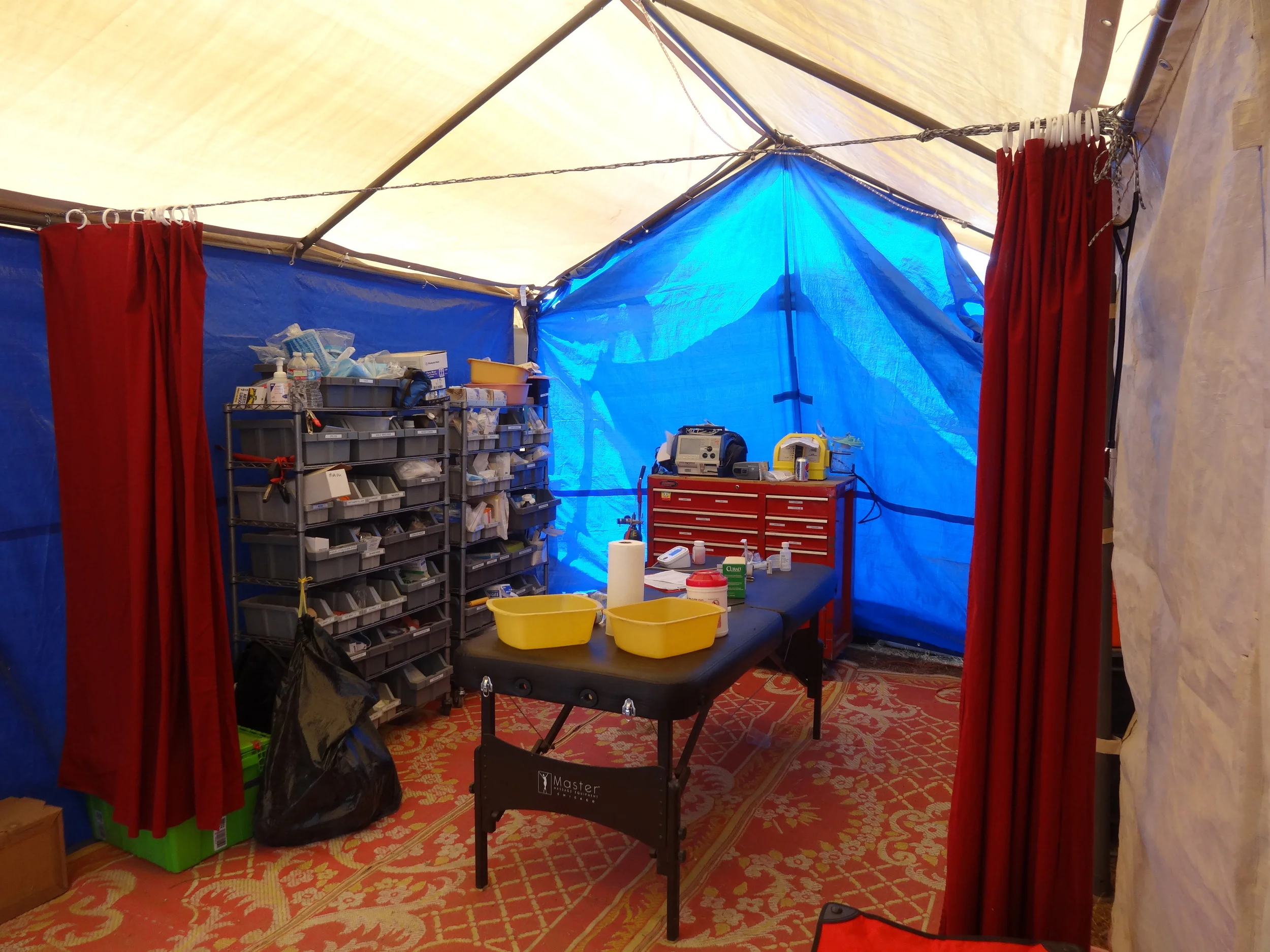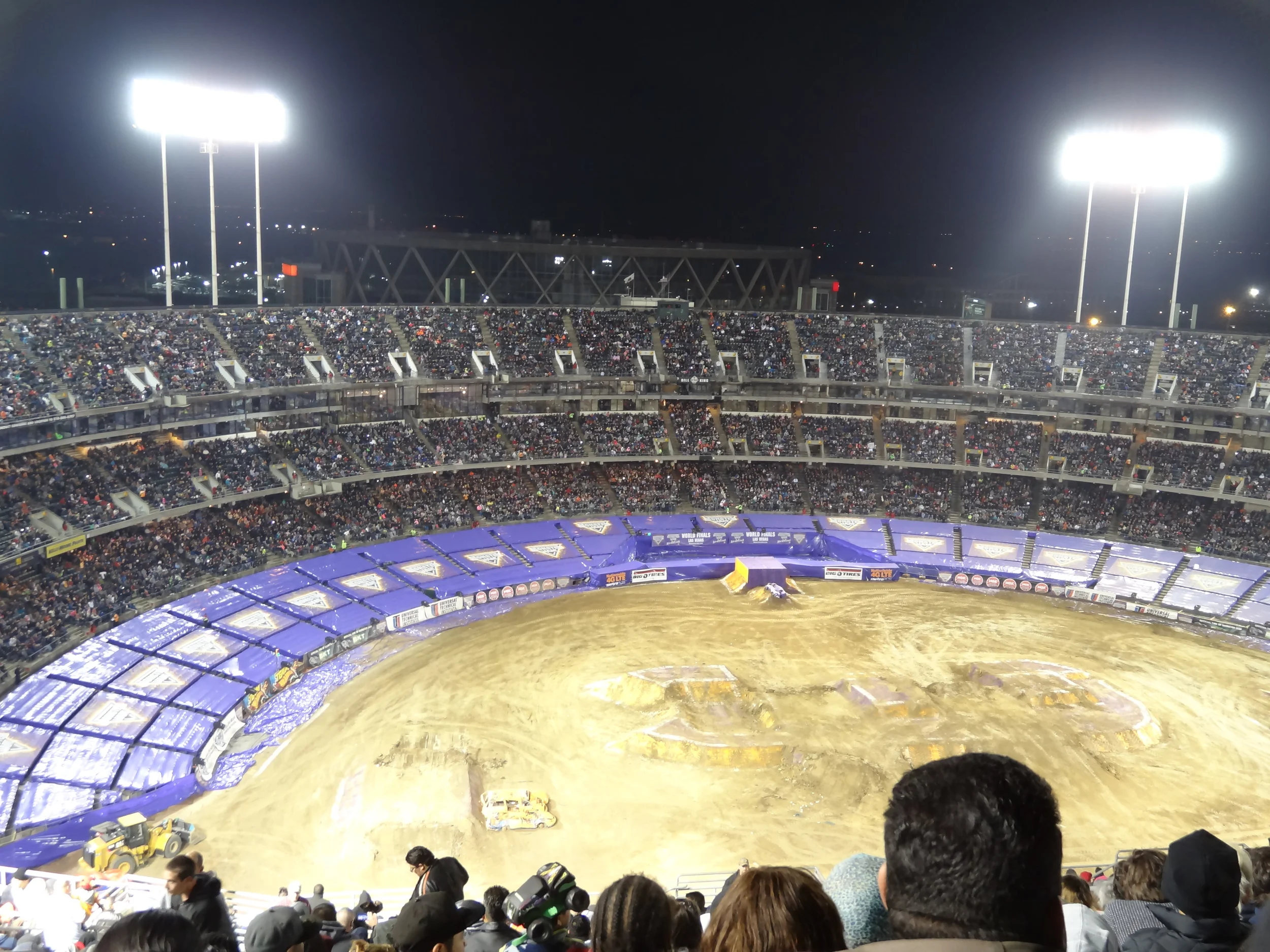Before you do anything else you need to know whom you are organising your event for. Whether you organise your own events or whether someone hires you to produce an event: know the audience.
Once you know who your audience is you know how to cater for them. You should figure out what they like, what their expectations are. When you do know your audience you need to figure out how you can engage with them. Are they on Twitter, Facebook, Snapchat?
When organising an event for the first time you could look at similar events. What kind of audience do these events attract? How do they communicate with their audience? Perhaps you can improve some of their methods.
But look at what you want to achieve with your event. The feel, atmosphere, and event experience you have in mind: who is interested in that?
Knowing your audience is closely linked to what you want to achieve with your event. So have a look at your objectives. Is there an audience for that thing you want to achieve with your event? Do your research!
You can follow me on my Facebook and Twitter channels. For weekly interviews with Event Experts subscribe to my YouTube channel!












